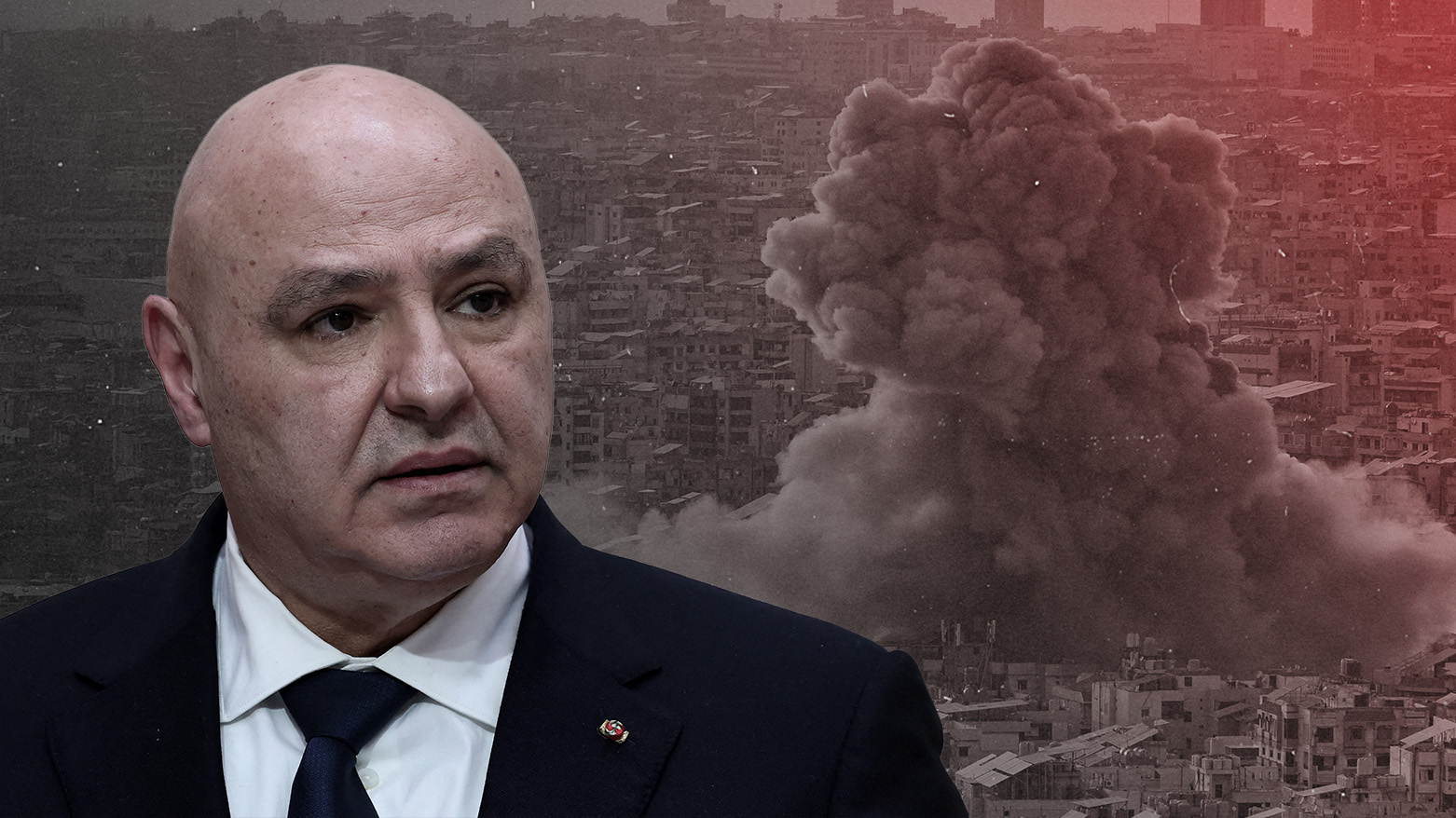Lebanon Warns Hamas: No Tolerance for Violations of Sovereignty
“We reject any attempt to turn Lebanon into a platform for destabilization,” Lebanon's President Joseph Aoun said.

By Kamaran Aziz
ERBIL (Kurdistan24) – In a high-stakes emergency meeting held at Baabda Palace, Lebanon’s Higher Defense Council issued a stern warning to Hamas and any non-state actors attempting to use Lebanese territory for military operations, vowing to uphold state sovereignty and prevent the country from being drawn into regional conflict.
Convened at the invitation of Lebanese President Joseph Aoun, the meeting brought together the Lebanese Prime Minister Nawaf Salam and key ministers from the portfolios of Defense, Finance, Economy, Foreign Affairs, Justice, and Interior. It also included Lebanon’s top security, military, and judicial officials, underscoring the gravity of the security threats currently facing the country.
President Aoun opened the session by emphasizing the constitutional and national role of the Higher Defense Council and the urgent need to reaffirm state authority across all Lebanese territories. “Security stability must be consolidated,” Aoun declared, referencing the foundational principles of the 1989 Taif Accord and his own presidential oath. He underscored Lebanon’s democratic commitments and called for maximum institutional and security readiness to ensure the successful organization of municipal and local elections.
The President made clear that electoral transparency and impartiality were essential. “Municipal work is developmental in nature,” he noted, stressing the need for candidates to campaign freely and for citizens to vote without intimidation or coercion. While the government would remain equidistant from all candidates, Aoun stated that military and security agencies must act solely as protectors of the electoral process, not participants.
Prime Minister Nawaf Salam echoed this call for neutrality and professionalism, praising the electoral administration and affirming the government's commitment to democratic rotation of power after nearly a decade without municipal elections. The Minister of Interior detailed logistical and security arrangements, reaffirming that law enforcement agencies will play no partisan role in the electoral process.
Beyond elections, the Council addressed a range of volatile security issues. Chief among them were the recent rocket launches from Lebanese territory toward Israel on March 22 and 28, which triggered regional alarm. Security officials confirmed that suspects had been detained and would face judicial prosecution early next week. The Council emphasized that no group or faction would be permitted to use Lebanon as a staging ground for foreign conflicts.
President Aoun was especially pointed in rejecting attempts to exploit Lebanon’s territory amid the growing instability in neighboring Syria. He warned of the dangers posed by uncontrolled spillover effects, particularly in the context of the ongoing Syrian refugee crisis and renewed cross-border tensions.
“We reject any attempt to turn Lebanon into a platform for destabilization,” Aoun said. While reaffirming Lebanon’s historic support for the Palestinian cause, he drew a clear line: “This solidarity does not mean accepting to endanger Lebanon’s sovereignty or security.”
The Prime Minister built on this message, calling for the full implementation of the Taif Accord, including the disarmament of illegal groups. “There must be no ambiguity in our stance,” he said. “No party—whether Hamas or otherwise—can be allowed to jeopardize national and regional security.”
In its concluding resolution, the Higher Defense Council recommended that the Council of Ministers formally warn Hamas against launching attacks from Lebanese soil. The statement affirmed that the Lebanese state will take “the strictest measures” to prevent any infringement on its sovereignty and will prosecute all those responsible for the March rocket incidents, with additional arrests possible as investigations progress.
بيان المجلس الأعلى للدفاع من بعبدا:
— Lebanese Presidency (@LBpresidency) May 2, 2025
- بدعوة من رئيس الجمهورية، عَقَد المجلس الأعلى للدفاع اجتماعًا برئاسة الرئيس عون وحضور رئيس مجلس الوزراء، ووزراء: المالية، الدفاع الوطني، الاقتصاد والتجارة، الخارجية والمغتربين، العدل، والداخلية والبلديات.
- دُعي إلى الاجتماع كل من: مدعي عام… pic.twitter.com/0zVSMFa0ub
As Lebanon grapples with economic collapse, political paralysis, and the ripple effects of regional conflict, the Council’s assertive posture signals a renewed effort to assert central authority and stave off further destabilization. Whether these measures succeed will depend not only on internal resolve, but also on the cooperation of factions accustomed to operating outside the state’s control—and on the region’s willingness to respect Lebanon’s fragile neutrality.